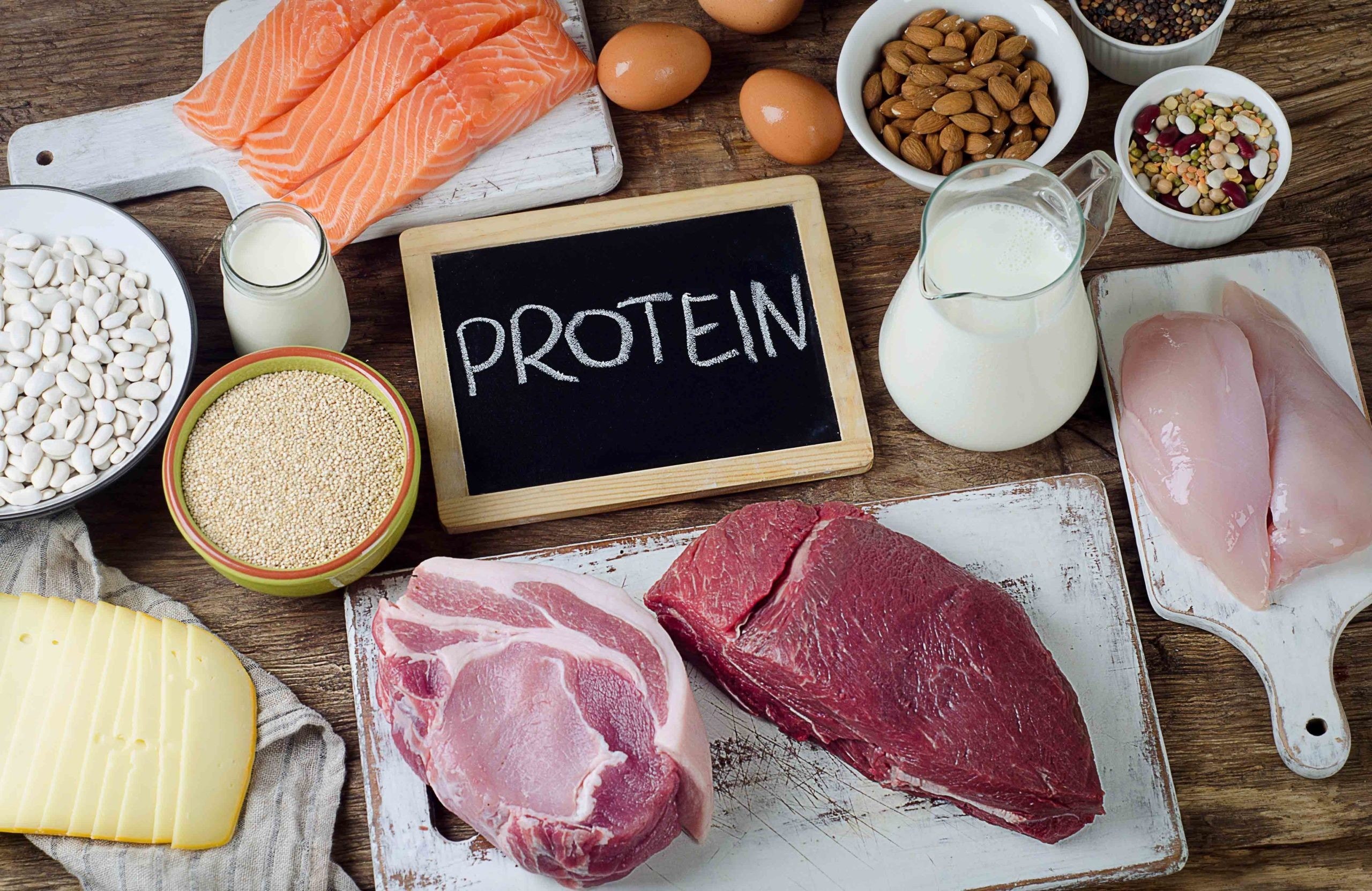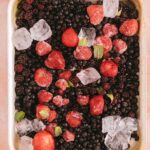Protein is an essential macronutrient that plays a crucial role in building and repairing tissues, making enzymes and hormones, and supporting overall health. Ensuring you get enough protein in your diet is vital, but knowing what foods are a good source of protein can sometimes be confusing. This guide will provide a comprehensive overview of protein-rich foods, helping you make informed choices to meet your daily protein needs.
Proteins are complex molecules composed of amino acids. These amino acids are the building blocks your body uses for various functions, including muscle growth, immune support, and energy production. Some amino acids are made by the body (non-essential), while others must come from your diet (essential).
Animal-Based Protein Sources
Animal products are often considered complete proteins because they contain all nine essential amino acids in sufficient amounts. These sources are generally high-quality and easily absorbed by the body.
-
Lean Meats: Beef, lamb, pork, and veal are excellent sources of protein. Opt for leaner cuts to minimize fat intake.
-
Poultry: Chicken, turkey, duck, and goose are versatile and provide a good amount of protein. Skinless poultry is lower in fat.
-
Fish and Seafood: Fish like salmon, tuna, and cod, as well as shellfish like shrimp, crab, and lobster, are not only rich in protein but also provide essential omega-3 fatty acids.
-
Eggs: Eggs are a complete protein source and are packed with vitamins and minerals.
-
Dairy Products: Milk, yogurt (especially Greek yogurt), and cheese (particularly cottage cheese) are good sources of protein and calcium.
Plant-Based Protein Sources
Plant-based protein sources are becoming increasingly popular, offering a variety of options for vegetarians, vegans, and those looking to reduce their meat consumption. While some plant proteins may be lower in certain essential amino acids, combining different plant sources can ensure you get a complete amino acid profile.
-
Legumes and Beans: Beans (kidney, black, pinto), lentils, chickpeas, split peas, and tofu are excellent sources of protein and fiber.
-
Nuts and Seeds: Almonds, walnuts, macadamias, chia seeds, flaxseeds, and pumpkin seeds offer protein along with healthy fats and other nutrients. Nut butters like peanut butter and almond butter are also good options. Alt: Selection of various nuts and seeds arranged in a visually appealing manner.
-
Soy Products: Soybeans, tempeh, and edamame are complete plant-based proteins.
-
Whole Grains: Quinoa and amaranth are complete proteins, containing all essential amino acids. Other grains like brown rice and oats also contribute to your daily protein intake.
-
Vegetables: While vegetables generally contain less protein than other sources, some, like spinach, broccoli, and asparagus, can contribute to your overall protein intake.
How Much Protein Do You Need?
The recommended daily intake of protein varies depending on factors like age, weight, activity level, and overall health. A general guideline is to consume 0.8 grams of protein per kilogram of body weight. However, athletes, pregnant women, and older adults may require more.
To meet your protein needs, incorporate a variety of protein-rich foods into your meals throughout the day. For example, you could have eggs for breakfast, a salad with grilled chicken or chickpeas for lunch, and salmon with quinoa for dinner. Snacks like Greek yogurt, nuts, or hard-boiled eggs can also help you reach your daily protein goals.
Tips for Boosting Protein Intake
-
Add Protein to Every Meal: Make sure each meal includes a source of protein, whether it’s meat, beans, eggs, or dairy.
-
Snack Smart: Choose protein-rich snacks like nuts, seeds, yogurt, or protein bars to keep you feeling full and satisfied.
-
Use Protein Powder: If you struggle to get enough protein through food alone, consider adding a scoop of protein powder to smoothies or shakes.
-
Combine Plant Proteins: If you’re following a vegetarian or vegan diet, combine different plant-based protein sources to ensure you get all essential amino acids.
Potential Risks of Excessive Protein Intake
While protein is essential, consuming excessive amounts can have negative health effects. Very high-protein diets may strain the kidneys and liver and can lead to dehydration. It’s important to maintain a balanced diet and not exceed the recommended daily intake unless advised by a healthcare professional.
Conclusion
Understanding what foods are a good source of protein is crucial for maintaining optimal health. By incorporating a variety of animal and plant-based protein sources into your diet, you can easily meet your daily protein needs and support muscle growth, repair, and overall well-being. Remember to consider your individual needs and consult with a healthcare professional or registered dietitian for personalized recommendations.

